Public Service Cabinet Secretary Moses Kuria made headlines with a revealing letter accusing Deputy President Rigathi Gachagua of serious concerns, including avoiding meals at State House due to fear of poisoning.
This letter, which has sparked significant controversy, outlines ten major issues and alleges that the deputy president has been exerting undue pressure on President William Ruto while neglecting efforts to unify the Mt. Kenya region.
The most striking claim in Kuria’s letter is that Gachagua has stopped drinking tea at State House meetings, fearing it might be poisoned.
This unusual accusation highlights a deep-seated mistrust within the upper echelons of the Kenya Kwanza Alliance, raising questions about the internal dynamics of the administration.
Kuria’s letter to Gachagua details multiple grievances, emphasizing the need for the deputy president to address these concerns and work towards fostering unity within the Mt. Kenya region.
Kuria’s pointed remarks suggest that Gachagua’s actions are counterproductive to the alliance’s goal of regional cohesion and national stability.
The disclosure of these allegations has heightened tensions within the Kenya Kwanza Alliance, revealing significant internal rifts.
Kuria’s accusations not only highlight personal fears and political disagreements but also cast doubt on the trust and security among senior leaders within the alliance.
The timing of this letter, just as the Finance Bill 2024/2025 is about to be tabled in Parliament, adds another layer of complexity to an already turbulent political environment.
The Kenya Kwanza Alliance, which has been navigating various challenges, now faces the added pressure of addressing these serious internal disputes.
As the political landscape reacts to Kuria’s explosive letter, many are calling for a thorough investigation into the claims made against Gachagua.
The deputy president, known for his influential role within the alliance, is now under intense scrutiny.
His response to these allegations will be crucial in determining the next steps for both his political career and the stability of the Kenya Kwanza Alliance.
This revelation has cast a shadow over the alliance’s efforts to present a united front, particularly at a time when the administration is grappling with significant policy decisions and public dissatisfaction.
The impact of Kuria’s letter is likely to reverberate through the political sphere, influencing both public perception and internal party dynamics.
Moses Kuria’s letter accusing Deputy President Rigathi Gachagua of paranoia and undermining unity within the Mt. Kenya region has brought to light serious issues within the Kenya Kwanza Alliance.
The claims of fear of poisoning and undue pressure on President Ruto have created a turbulent political environment, challenging the trust and cohesion among the alliance’s senior leaders.
As the political drama unfolds, all eyes will be on how these allegations are addressed and the implications for the future of the Kenya Kwanza Alliance.







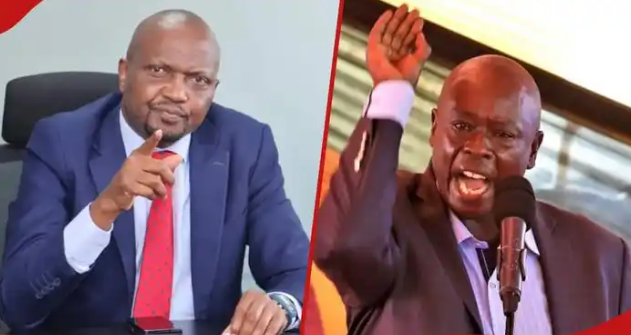

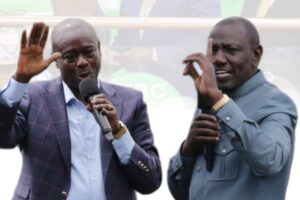


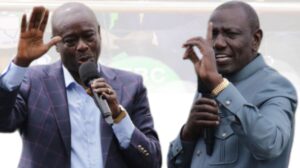



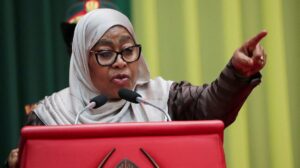
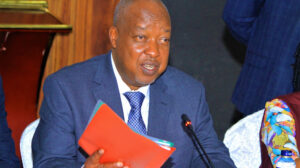



Add Comment